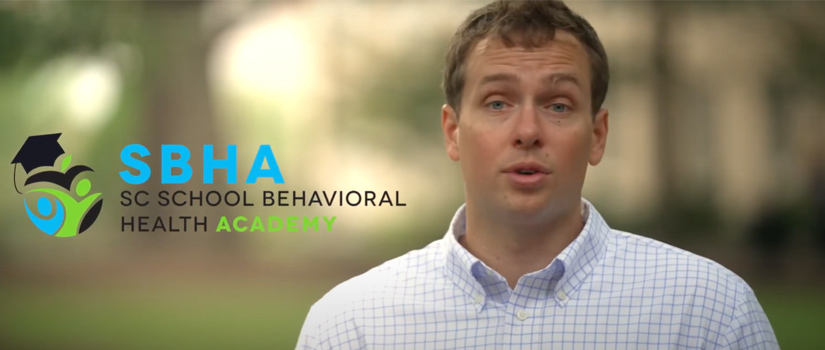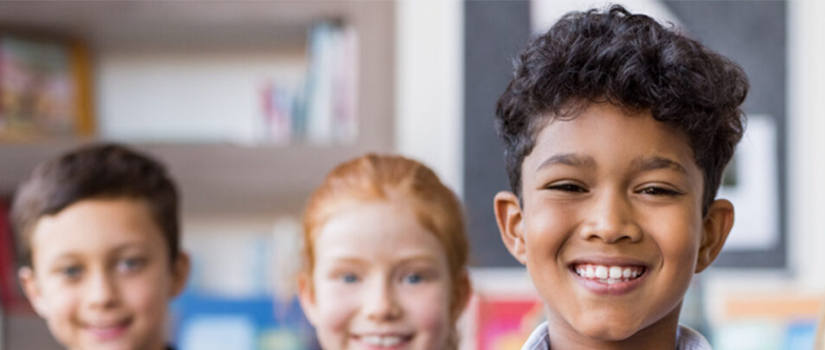A professional development program supporting mental health in South Carolina schools will expand and continue for another two years thanks to a new grant received by University of South Carolina psychology faculty.
The grant funds the John H. Magill South Carolina School Behavioral Health Academy (SBHA), which has helped more than 600 schools since 2022 to enhance their efforts to improve child and adolescent mental health.
“We are providing significant coaching support to hundreds of people from school districts across the state,” says Mark Weist, SBHA co-director and USC psychology professor.

What is the SBHA?
In 2022, USC’s Department of Psychology launched the SBHA with an initial $3.2 million grant from the South Carolina Department of Health and Human Services (SCDHHS). The new grant from SCDHHS provides another $3 million to continue the program through at least 2026.
The aim of the academy is to help schools respond to the unprecedented need for mental health services among youth. Professor Samuel McQuillin, director of USC’s school psychology graduate program and co-director of the SBHA, says struggles with mental health for kids in schools have increased notably since the pandemic.
“We’ve heard from our partners and participants in the SBHA that in recent years they’ve seen an increase in students struggling with behavioral and mental health issues,” he says.
“This can be difficult both for the children experiencing these issues and for school staff helping them. The SBHA provides tools and more support for educators, school staff and other professionals to address these challenges.”
The academy offers training for mental health professionals, educators and volunteers in schools and other agencies through science-based modules. Professionals can participate in the SBHA through a mix of online and in-person training, and educators may earn continuing education units and/or educator renewal credits.
BY THE NUMBERS
- In South Carolina, 76 school districts and 667 schools are represented.
- Around 3,000 school district employees, volunteers and mental health contractors are enrolled.
- The SBHA’s main track offers 5 courses, equaling around 33 hours of instruction, as well as 2 shorter tracks for certifications.
- 60 people have worked toward receiving Certificates of Advanced Competency in School Behavioral Health.
New for 2024: Workforce Development
With the expansion of the program, the SBHA is developing a recruitment program to help grow a diverse and qualified workforce interested in school behavioral health – starting while students receive their undergraduate and graduate degrees.
The SBHA will expose students in mental health-related degree programs to school behavioral health careers, offer virtual training to equip them to offer support in schools and provide internships where they can learn about effective school behavioral health.
“We look forward to expanding the SBHA to focus on school behavioral health workforce recruitment efforts, include providing training opportunities to students,” says Courtnie Collins, an assistant professor in USC’s psychology department who is leading the SBHA’s workforce efforts.
Through ongoing collaboration with state partners, the SBHA also plans to develop strategies to retain mental health professionals in school settings. This includes developing a system to match clinical supervisors with newly licensed clinicians who need supervision, with the aim of creating a pipeline for filling these vacancies in schools.
Weist says this effort is one of many to expand the program’s impact in the next few years.
“The School Behavioral Health Academy is receiving national acclaim, with numerous other states expressing interest in adopting it," he says.
